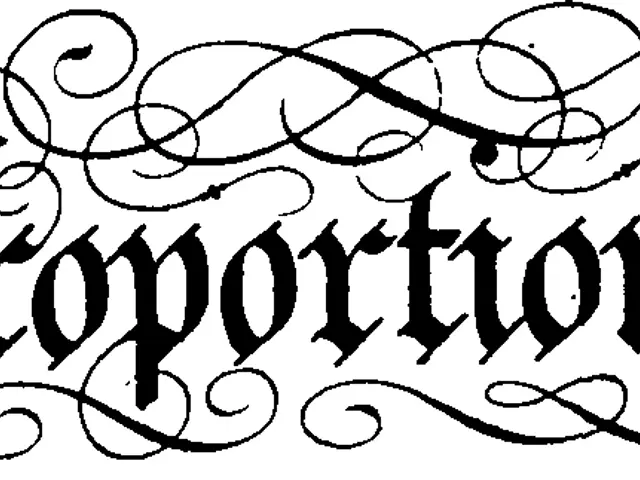Guide to Initial Mortgage Loans and Government Assistance Schemes
**First-Time Homebuyer Programs Offer Assistance Across the U.S.**
First-time homebuyers in the United States can benefit from a variety of programs designed to make homeownership more accessible. These initiatives are primarily administered by state housing finance agencies (HFAs), as well as through federal and local initiatives.
**Federal and National Programs**
The WISH Program provides assistance up to $32,099 for first-time and moderate-income buyers, available through participating banks. Another federal program, the Mortgage Credit Certificate (MCC), allows qualified buyers to claim a tax credit of up to $2,000 per year to offset mortgage interest. HUD and Ginnie Mae also support first-time homebuyers, with HUD-backed loans having helped over 140,000 first-time buyers in 2025, primarily via Ginnie Mae securitization. The Downpayment Toward Equity Act, new in 2025, offers a $25,000 grant to first-generation, first-time homebuyers, subject to income and homeownership requirements.
**State and Local Programs**
Each state typically offers its own unique programs, often with down payment and closing cost assistance, low-interest loans, and educational resources. Assistance may also be available through nonprofits or employer-sponsored programs. For example, California's CalHFA offers down payment and closing cost assistance up to 3.5%, while Nevada and Arizona participate in the WISH Program, offering savings matches up to $32,099 for eligible buyers. New Jersey's NJHMFA provides forgivable second loans up to $15,000, with an extra $7,000 for first-generation buyers. Texas' TSAHC and TDHCA offer down payment assistance and mortgage credit certificates.
**Programs by State**
Every U.S. state (and the District of Columbia) has a housing finance agency or equivalent providing first-time homebuyer programs. These generally include down payment assistance, mortgage credit certificates, special programs for teachers, first responders, or first-generation buyers, and educational resources. Some states, like Alabama, Alaska, Arizona, California, Colorado, Connecticut, Delaware, District of Columbia, and many more, offer unique programs tailored to their residents' needs.
**Finding State-Specific Details**
Prospective buyers can find detailed information about their state's programs by visiting their state's HFA website, consulting resources like Bankrate and other mortgage guides, or contacting local HUD-approved housing counselors.
**Program Highlights and Recent Updates**
Recent updates include the Downpayment Toward Equity Act, offering $25,000 grants for first-generation, first-time homebuyers, and the WISH Program, which offers savings matches up to $32,099 in select states (Arizona, California, and Nevada). For the most accurate and detailed information, homebuyers should consult their state’s housing finance agency website or contact a local HUD-approved housing counselor.
Investing in real-estate can be made more affordable for first-time homebuyers through various programs, such as the Downpayment Toward Equity Act that offers a $25,000 grant for first-generation, first-time buyers. Similarly, the WISH Program provides assistance up to $32,099 for eligible buyers, which is available through participating banks and offered in states like Arizona, California, and Nevada.






